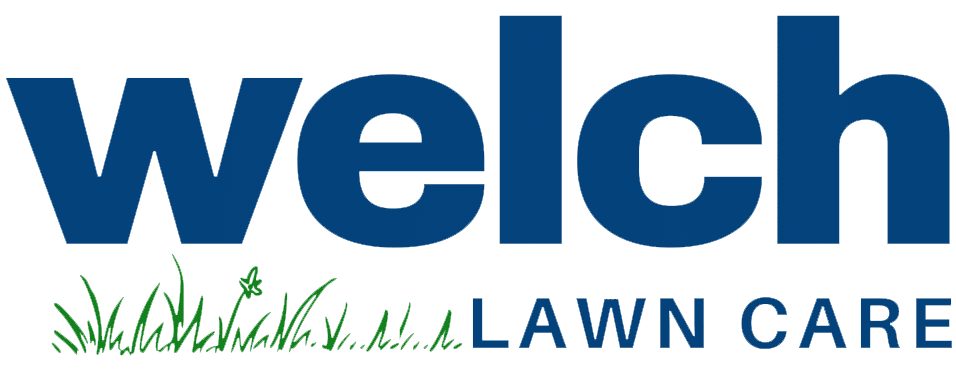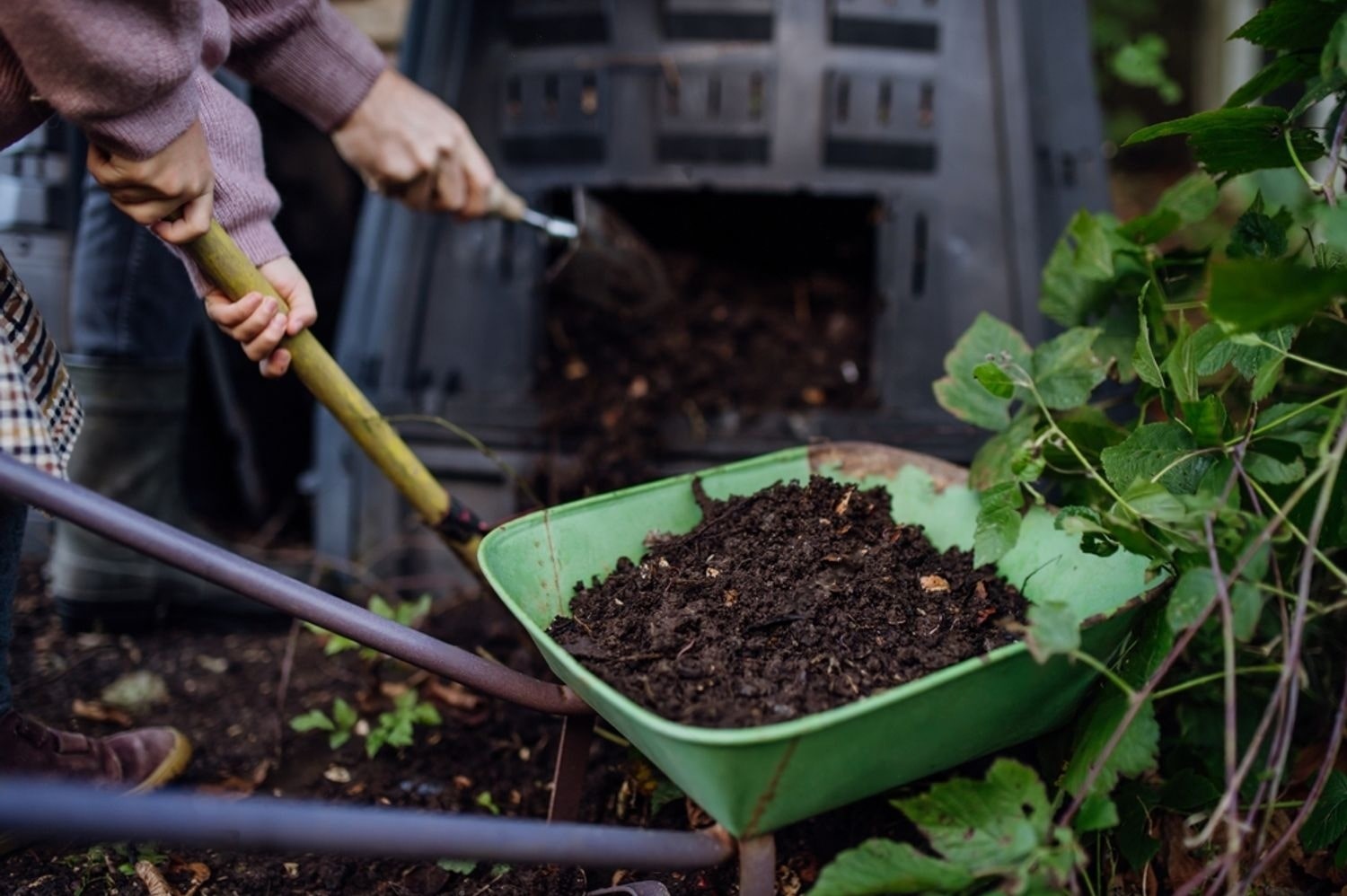Hi there! My name is Alice, a lovable chocolate lab who loves to soak in the sun in the backyard. The grass is my favorite spot to hangout and that’s why it’s especially important for it to be healthy and safe for me and everyone else.
Composting leaves and yard waste is an excellent way to enrich your soil and reduce waste. However, when you have pets, particularly dogs, you need to take extra precautions to ensure their safety.
Composting yard waste such as leaves, grass clippings, and garden trimmings transforms them into nutrient-richness that enhances soil structure and fertility. This organic matter improves water retention, aeration, and provides essential nutrients, creating a healthier lawn and garden.
While composting has numerous benefits, it can pose risks to pets if not managed correctly. Dogs are naturally curious and may be attracted to compost piles, which can contain harmful substances such as mold, toxic plants, or food scraps that are unsafe for them. Moldy compost can produce mycotoxins, which are highly toxic to dogs if ingested, leading to severe health issues.
Do not add food scraps, especially bones, meat, dairy, or greasy foods, to your compost as these can attract pets and other wildlife. Stick to composting yard waste, vegetable peels, coffee grounds, and eggshells. Dog waste should not be added to your regular compost pile due to the risk of pathogens.
Regularly turn your compost to ensure it decomposes correctly and monitor for mold growth. If you notice mold, cover the compost securely and keep pets away until it is broken down.
By safely composting yard waste, you not only protect your pets but also contribute to a healthier environment. The compost enriches your soil, promoting vigorous plant growth and a lush, green lawn that can withstand pet activities better. I love a luscious green yard to play fetch in!

